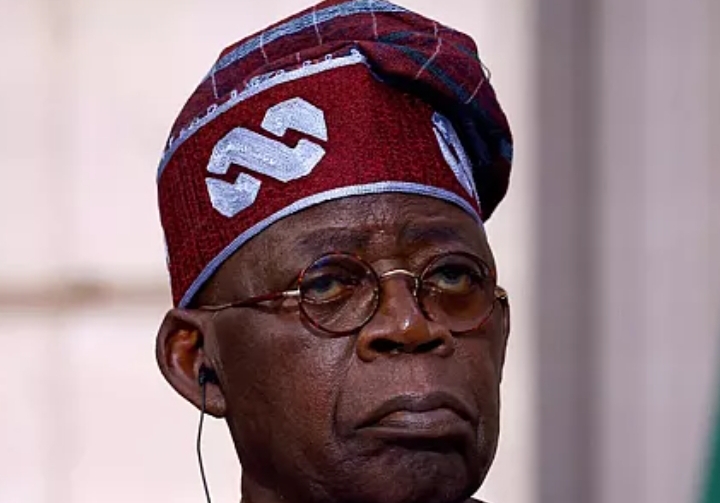Nigeria's exclusion from U.S.-Africa summit sparks opposition backlash, criticism of Tinubu's foreign policy and global image decline
Tinubu Under Fire as Nigeria Excluded from U.S.-Africa Summit


Nigeria’s opposition alliance has blamed President Bola Tinubu for the country’s exclusion from the African summit held at the White House on Wednesday. This position was conveyed through a statement issued by the coalition’s Publicity Secretary, Mallam Bolaji Abdullahi.
According to the statement, the newly formed opposition bloc, the African Democratic Congress (ADC), voiced serious concern over Nigeria’s absence from the summit, describing it as a “damning international indictment” of the country’s declining economic health and ineffective foreign policy under Tinubu’s administration. The statement was reported by Nigeria’s Vanguard newspaper.
“Although we are Africa’s largest economy, with the biggest consumer market and the most influential diaspora on the continent, the United States still chose to bypass us in favour of nations whose combined GDP is only a fraction of ours,” Abdullahi remarked in the statement.
U.S. President Donald Trump is meeting with the presidents of Gabon, Guinea-Bissau, Liberia, Mauritania, and Senegal in Washington from July 9 to 11. The summit will focus on trade, investment, and security as the Trump administration continues its shift toward a “trade not aid” development policy in Africa.
While the rationale behind Trump’s choice of these five relatively small West African countries remains unclear, U.S. Secretary of State Marco Rubio, a day before the summit was announced, stated that American engagement on the continent would favour countries “that have demonstrated both the ability and willingness to help themselves.”
Given Nigeria’s status as the largest economy and most populous country in West Africa, its absence from the summit is striking. Diplomatic ties between Nigeria and the United States have been strained in recent weeks, culminating on Sunday when President Trump announced via Truth Social the imposition of an additional 10% tariff on Nigeria and other countries aligned with BRICS. In his post, Trump criticised BRICS’ policies as being “anti-American.”
Nigeria formally joined BRICS as a partner country in January. Earlier this week, President Tinubu addressed the 17th BRICS Summit in Brazil, where he called for “a reevaluation of the current global governance structure,” a statement that was widely interpreted as a veiled criticism of the United States.
Mallam Bolaji Abdullahi argued that the new BRICS-related tariff imposed on Nigeria reflects the country’s declining international reputation. He stressed that just a few years ago, it would have been inconceivable for an African summit of such magnitude to be held without Nigeria’s participation.
“It shows just how far our global standing has declined under this administration,” he said.

 বাংলা
বাংলা  Spanish
Spanish  Arabic
Arabic  French
French  Chinese
Chinese 
